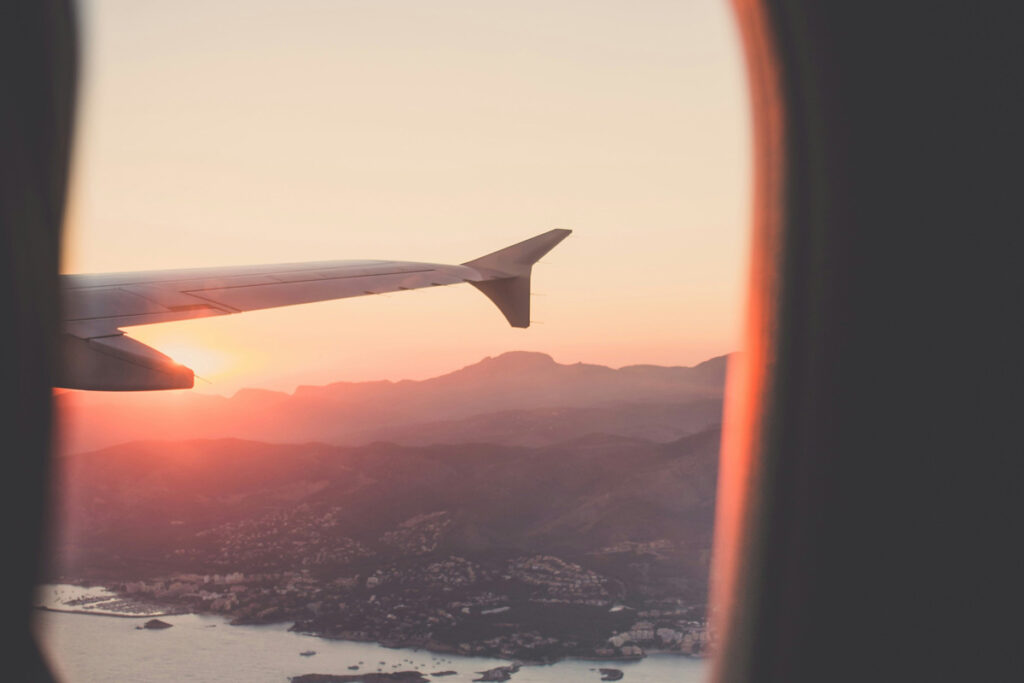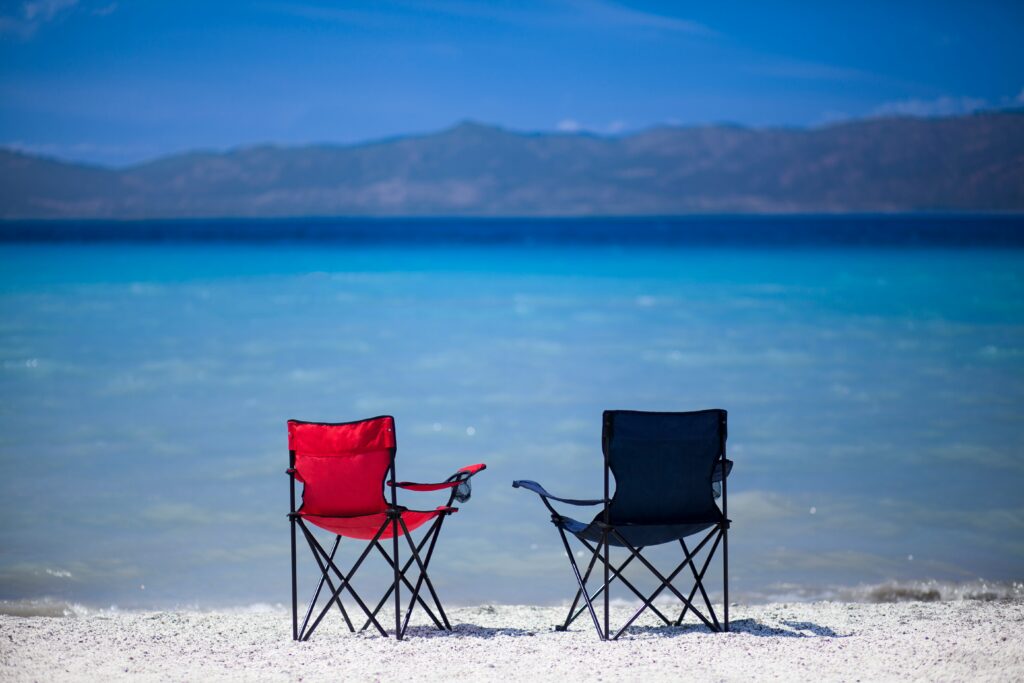Holiday expenses have significantly increased in recent years, whether for flights, hotels, or meals. Therefore, smart budget planning is more important than ever. This ensures a transparent overview of costs and helps avoid common financial pitfalls. Your next holiday will thus become a relaxing and unforgettable experience — even with a small budget. In this article, we provide practical tips to help you manage your holiday budget effectively. This way, you can avoid surprises and fully enjoy your next vacation.
What are the key factors in a holiday budget?
Several aspects of a holiday essentially define the costs and, therefore, your budget. It can be helpful to start with a brief list before exploring the details. These are the crucial factors on your holiday budget:
- Destination: Where is your next trip going?
- Timing and Duration: When and how long will you travel?
- Transport: Plane, train, bus, or car?
- Accommodation: Staying in a hotel, hostel, or Airbnb?
- Meals: Cooking for yourself or dining out?
- Entrance Fees: Events, tickets, and attractions?
- Visa: Relevant for your holiday?
But how can you derive the right holiday budget from this? We explain exactly that in the following sections – with our help, planning will be a breeze.
The destination sets the price direction
Although there are many factors, the specific holiday destination initially sets the framework for your budget planning. There are significant price differences between different countries and regions. This affects almost all aspects except travel, such as accommodation and meal costs. Therefore, research the general price level of your destination in advance. There are many online reviews that can give you a good overview.

Timing and duration are essential for your holiday budget
The timing and duration of your holiday also affect your budget. During peak season, flights and hotels often cost much more than during the off-season. This is especially true for popular tourist destinations. If you can avoid peak season, you can save a lot of money on your holiday budget. Of course, the duration of the trip also plays a significant role, as each additional day incurs more costs. Plan your holiday so that you can experience everything at your leisure without rushing.
Flights and local transport are another cost block
Once you’ve decided on your destination and duration, you need to arrange flights. Booking as early as possible is often the key to success. However, don’t forget other factors like extra or overweight luggage. Often, each service incurs additional charges, which can strain your budget if you’re unprepared at the airport. Also, consider possible local transport costs, whether by train, bus, or rental car.

Accommodation is an important factor in the holiday budget
Unlike transport costs, accommodation can vary greatly. A night in a luxury hotel can cost as much as a week in a private Airbnb. So, be sure to research your options at the destination and choose the right accommodation. Additionally, it’s important that the type of accommodation suits you and you feel comfortable. For instance, you might feel most at ease in a hostel, where you can easily meet new people.

Meals depend on accommodation
Cooking meals yourself is always the cheapest option and would least impact your holiday budget. However, if you’re staying in a hotel, you won’t have that option. Apartments or holiday homes offer an important advantage as they usually come with a full kitchen. This can significantly ease your holiday budget, so you need to budget less. Especially in countries with expensive restaurant visits, this can make a big difference. If you find such accommodation, you’ll only need to budget a fraction for meals.
Entrance fees are often underestimated in holiday budgets
There are many other costs often forgotten in planning, such as entrance fees for attractions or event tickets. For example, to see the Mona Lisa in 2024, you’ll need to pay €22 just for admission. A guided tour of the Louvre incurs additional costs.Many people overlook these aspects, but over the course of a holiday, they can add up significantly. Plan all the events and attractions you want to experience in your holiday. You can find entrance prices online within minutes – add these to your holiday budget.
Visas might also be necessary
Finally, there’s an optional point that’s not relevant for every holiday — visa costs. Research in advance what costs you might incur for a visa and document this in your holiday budget.
Conclusion: With careful planning, there will be no surprises in your holiday budget!
Are you looking forward to your next holiday? Start preparing in good time. This not only gives you the chance to save a lot of money but also allows you to relax a bit afterwards. Your holiday budget should be chosen with your destination in mind and consider all important cost factors. In this article, we provide practical tips on how to properly plan your holiday budget for your next trip.



Comments are closed.